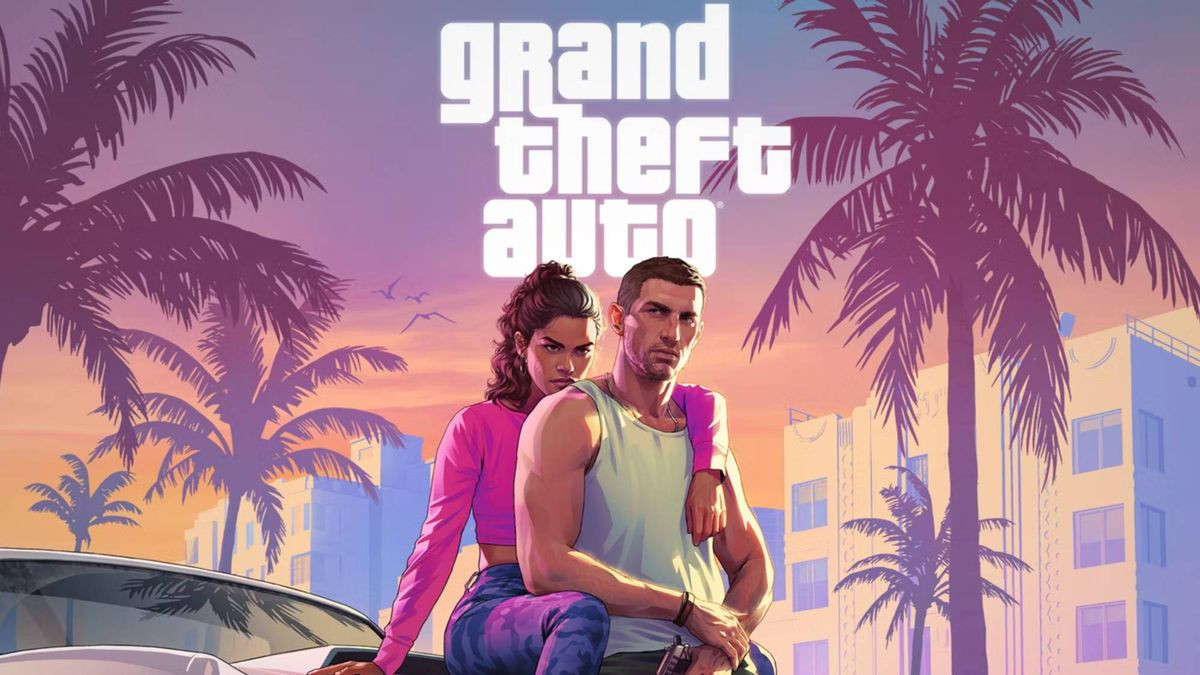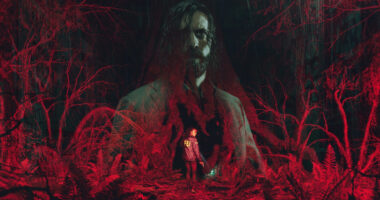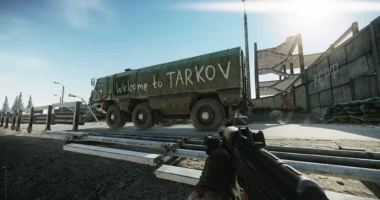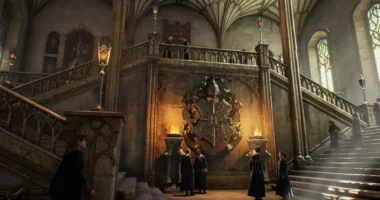Martyn Ware, founding member of the synth-pop band Heaven 17, recently shared that Rockstar Games offered a one-time payment of $7,500 for the rights to use the band’s iconic song “Temptation” in the upcoming Grand Theft Auto 6 (GTA 6). Ware revealed this on X (formerly Twitter), expressing his disappointment with the offer and the terms.
The deal would have granted Rockstar full rights to use the song without paying any future royalties—a “buyout” contract. Ware sarcastically compared the offer to the massive success of Grand Theft Auto 5 (GTA 5), which has grossed $8.6 billion, highlighting how small the payment was in contrast to the game’s earnings. He noted that while the offer might appear to provide exposure, it was ultimately insufficient given the scale of the GTA franchise.
The song “Temptation” is one of Heaven 17’s most recognizable tracks and was a significant hit in the 1980s. As Ware pointed out, a major gaming franchise like Grand Theft Auto could easily afford a larger payout, especially given the global appeal and high revenue generated by the series.
The debate sparked online has divided opinions, with some seeing the offer as an insult, given the game’s massive commercial success, while others argue that the exposure provided by such a high-profile game could be valuable for artists. In games like GTA, music often plays a key role, with the radio stations being a signature feature that adds depth and atmosphere to the open-world experience. Rockstar Games is known for including music from a wide array of artists, from legends like Michael Jackson to contemporary stars, making it an attractive platform for exposure.
However, Ware’s concerns reflect a broader issue in the music industry, where artists are often offered small, one-time payments in exchange for relinquishing long-term rights. Many artists argue that such deals undervalue their work, particularly when large corporations stand to gain considerable financial returns. For a company as profitable as Rockstar Games, Ware’s frustration points to what many perceive as an ongoing issue of fair compensation for artists in the gaming and entertainment industries.
Ultimately, Ware’s rejection of the offer has fueled discussions about the balance between exposure and fair pay. Whether or not Heaven 17’s song makes it into GTA 6 remains to be seen, but the incident has already shone a light on the broader challenges musicians face in licensing their work in today’s entertainment landscape.
This case also brings into focus the complexities of licensing music for video games, where some artists find the exposure to millions of players tempting, while others, like Ware, feel that financial compensation should reflect the immense profit potential of games like Grand Theft Auto.
Image Credit : GTA





